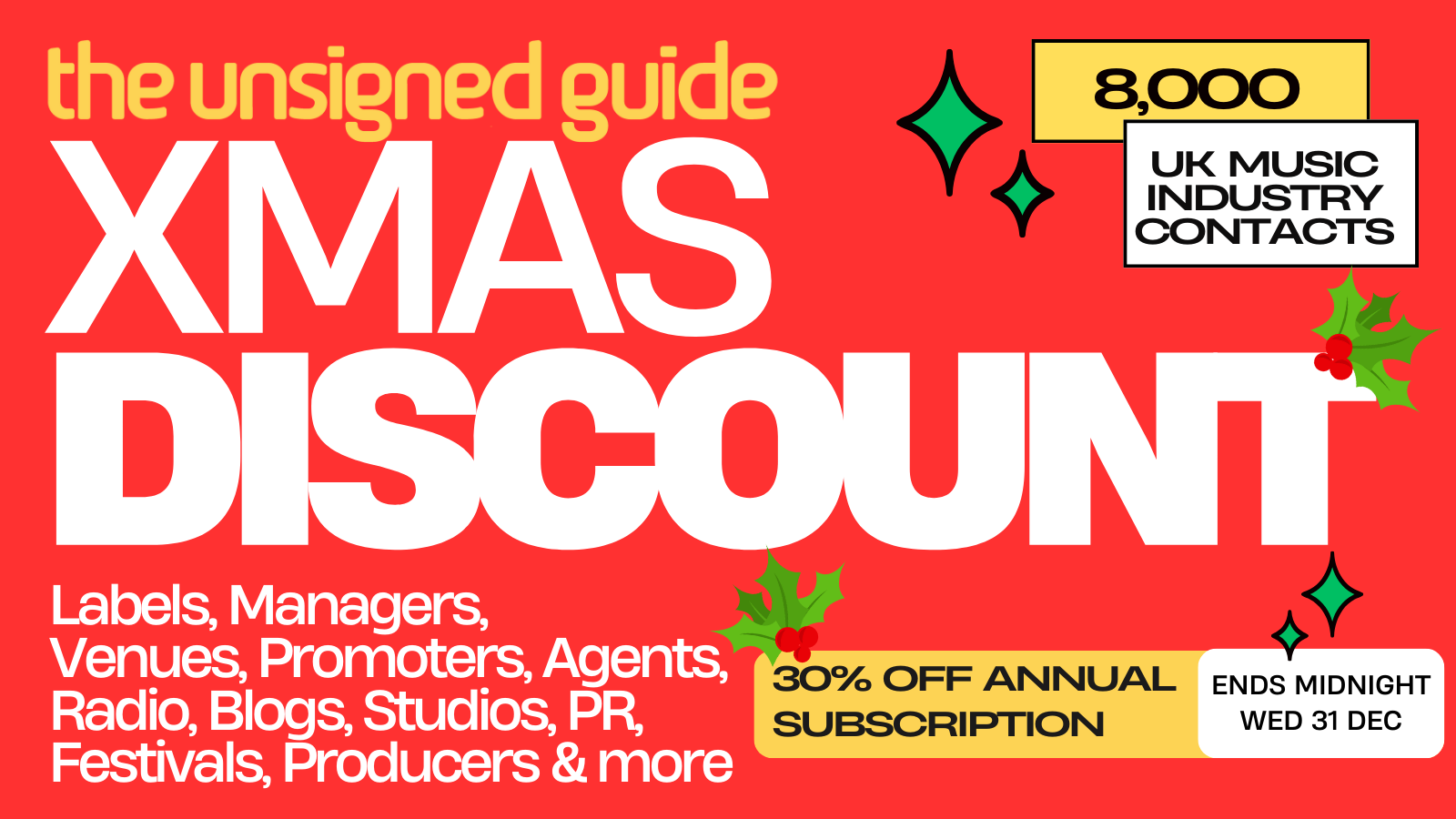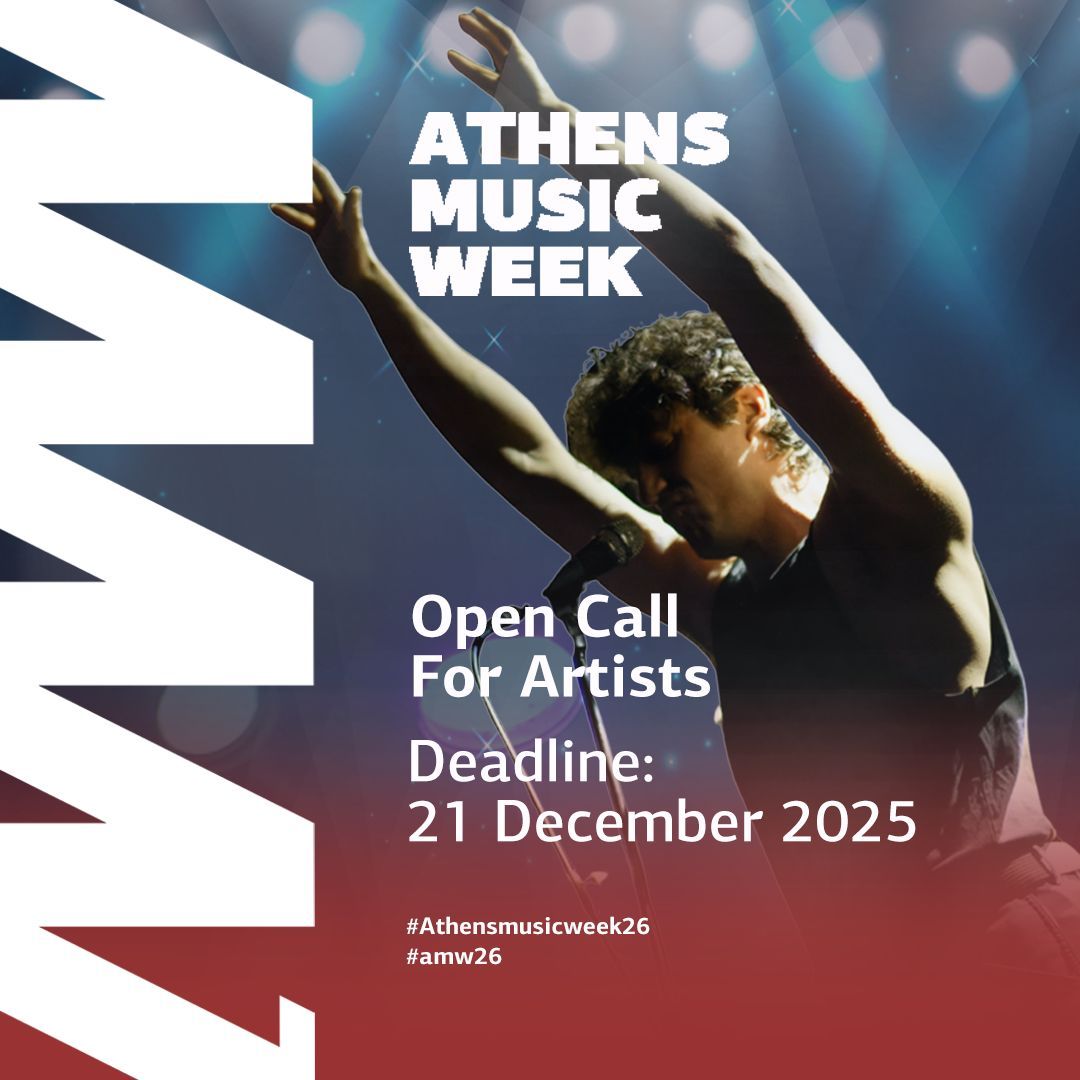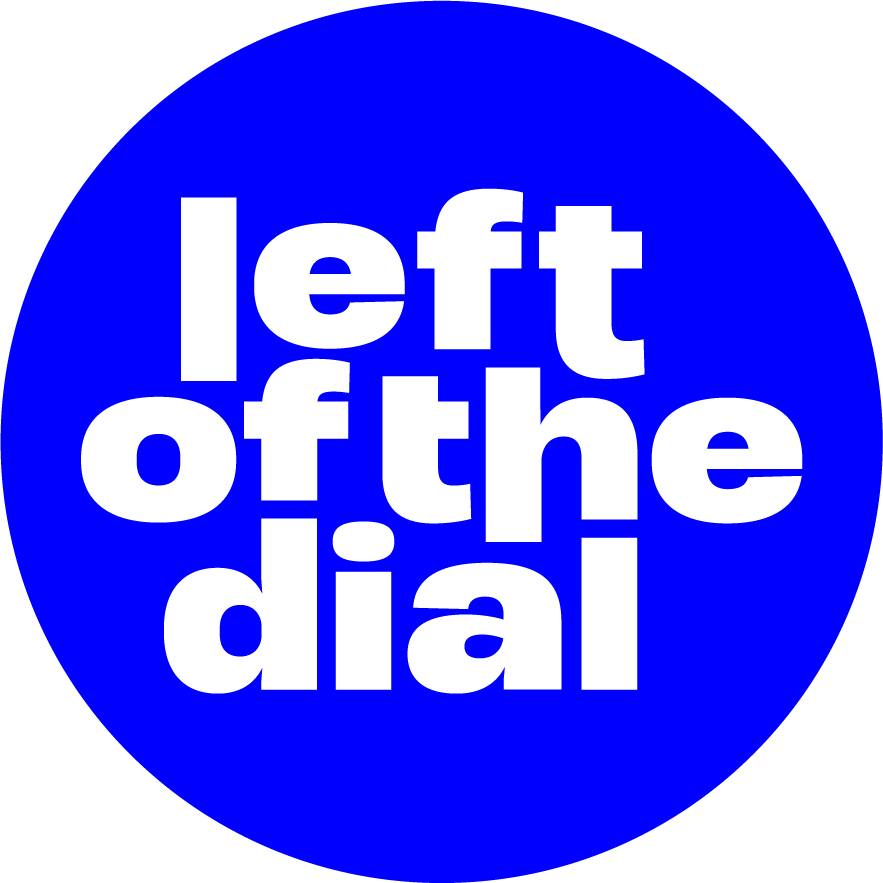Keith Ames, Comms Official & Editor of The Musician
With an increasing number of artists releasing albums independently, musicians need to stand out from the crowd when it comes to securing a review in the press. Here are some tips from professionals on how to do it.
Feature by Katie Nicholls, first appeared in The Musician, Summer 2013.
The music industry was once a relatively straightforward process where artists worked the live scene until they were spotted by A&R and put into a recording studio. Empowered by high-quality home recording software and online distribution sites, musicians can now bypass the control of the major labels and this paradigm shift has borne a creative surge in the numbers of artists releasing their own material.
All good so far. But for musicians to earn money, CDs and downloads need to be sold and one of the best ways for an artist to see a surge in sales is via reviews in the national press. While changes in the music industry have made it easier to record, competition for reviews is hotter than ever, especially for artists operating without the marketing support of a record label.
"As Editor of The Musician, I have written and edited over 1,000 reviews,’ says Keith Ames. ‘On average, only one in six are featured in the journal, which underlines the importance of your submission rising above the noise created by other artists."
While Keith receives something in the region of 200 CDs a month, MOJO’s reviews editor Jenny Bulley has problems closing the door of her review cupboard. "I’ve just done a quick survey and there are around 650 albums in there," says Jenny. "That’s just the physical CDs. Lots of stuff comes in digital-only form on top of that."
Jenny sends on about 20% to MOJO’s genre columnists. "We probably play about 30% of the remainder in the office and I listen to a lot of digital submissions on headphones during the day."
Sending in a professional-looking package should be a priority. "Get the basics right," says Keith. "A killer track with a representative image or photo, alongside up-to-date contact details is often enough to open doors." Jenny adds that clear accompanying material is important. "The value of a good press release can’t be underestimated. If I can find out from a few lines who the act is and get a sense of what they sound like, that can be really helpful."
James Parrish is the CEO of Prescription PR and has worked with big names including Paul Weller, Scott Walker and The Rolling Stones. "Make things as easy for a journalist as possible," he advises. "Present them with all they need to make a judgment. Use a quality streaming service such as SoundCloud or Bandcamp, so they can hear your music and include a download link to the MP3s if they want to listen on the move, a selection of hi-res images (over 300 dpi) in portrait and landscape sizes, a biography and perhaps a selection of your upcoming gigs. If they’re interested, they’ll let you know."
One sure-fire way to ensure your CD is deposited into the nearest bin is by harassing editors with calls and emails. "Be polite!" says James. "Some journalists will respond to artists who contact them directly, so don’t be put off trying. But it’s better to take the softly-softly approach."
Of course, all editors operate differently. Ian Anderson, editor of folk, roots and world magazine fRoots recoils from the suggestion of a follow-up with an emphatic, ‘No!’, while MOJO’s Jenny Bulley suggests "a single follow-up email can be a useful reminder". Keith Ames reiterates that restraint is the best policy: "Just check they’ve got it and that they’ll listen to it. You can do yourself no good by being a pain."
Make sure you choose the right publication for your music, and find the journalist most likely to appreciate your genre. A scatter gun approach is costly and ineffective. "It’s worth sending copies to genre columnists or freelance reviewers," says Jenny. "Genre specialists are more likely to get around to hearing everything than I am."
Also, check the submission protocol for each publication. fRoots, for example, has a policy of not reviewing digital-only releases. "It’s the ambience of the full artefact - notes, artwork, presentation, extras — that inspires investment in a physical CD or vinyl LP purchase, so we think it’s important that our reviewer has the same artefact that the public will buy." Most magazines will, however, take both hard copy CDs and digital submissions.
One major error artists make when submitting albums for review is to miss the magazine deadline, so always find out the submission cut-off and the on-sale date. Jenny says MOJO is looking for albums, "one month to six weeks ahead of release." Other magazines may have longer lead-ins.
With your presentation polished and research done, how else can you stand out from the melee? "Increasingly, the idea of a digital premiere or exclusive is vital," says James Parrish. "Offering a site or magazine the first play of a track is attractive to the journalist as it means the artist will direct their fans to that piece." This works wonders if you have a strong presence online and a healthy social media following. "It’s also about discovery," James continues. "Certain journalists increasingly act as much as A&Rs as the people at labels."
The adage “who you know” applies here, so don’t underestimate the weight of having a champion in the business. Keith Ames believes "a journalist excited about your work is going to be telling colleagues about you". Jenny confirms this to be true: "Often things are recommended to me," she says. "If one of my writers has heard something that they want to write about, I generally try to accommodate them."
Jenny also says instinct often comes into play when she’s having a rummage in her review cupboard. "It’s like when you’re browsing second-hand records. You know if something looks interesting, so you give it a spin." Keith agrees. "Artists with character stand out and pique a reviewer’s interest."
The music press has witnessed its own transformation in recent years and whereas a 200-word review in the NME was once the Holy Grail, there are now plenty more grassroots but equally influential ways of spreading the word. Maintaining a strong presence online will support - if not substitute - a review in the national press. But however you get your publicity, this is ultimately about the quality of your music and all the smoke and mirrors you can muster won’t mean a thing if you aren’t hitting editors with your best shot the second they press play.
"If you’ve buried your best music in track 7 they may never get to it," says Keith. James Parrish agrees that, with the right push, it can be a relatively level playing field. "If the music is good enough, the image and message strong and the PR driven to try and make journalists feel that same enthusiasm for the artist that they do, then I really believe there’s no reason these artists can’t dent the same media that major labels and key independents do week in, week out."
Five vital steps to gaining a review
The Musician editor Keith Ames gives a valuable checklist for getting press:
Look the business
The best submissions have clear and consistent artwork and photography, plus concise and accurate labelling and information. Ensure your contact details are legible on the disc itself in case it gets separated from the accompanying packaging.
Make it easy
The easier you make the reviewer’s job, the more they are going to like you. Even sending a CD in a shrink wrapper means the reviewer has to spend valuable time getting to your work.
Consider all the options
Local newspapers and listings magazines regularly feature album reviews, so find out which journalist handles the music pages and contact them direct. Online music sites and specialist music blogs are also a valuable source for album reviews.
Be objective
Stand back from the press pack that you are sending and make sure that it reflects the kind of artist you are.
Be proud
It remains important to be confident in your work before you seek attention in the media. If you are delivering a product you are not proud of, and almost apologising for it in advance, you are almost certainly not ready to approach the press.
musicians union, mu membership, music reviews, national music press, unsigned bands, unsigned artists, unsigned musicians







